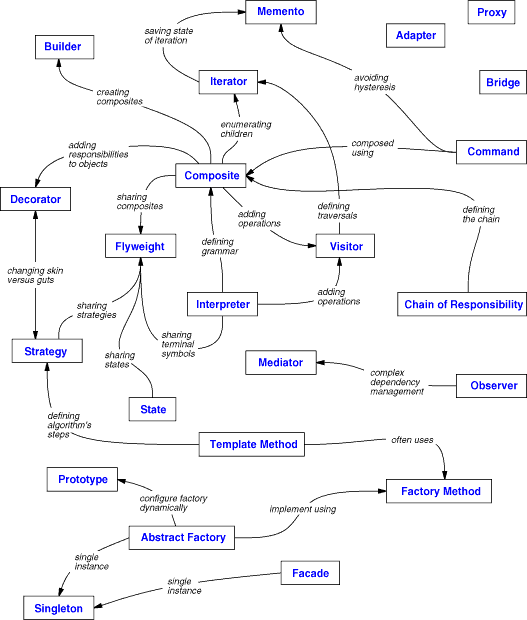
- FUNCTION DIFFERS IN LEVELS OF INDIRECTION FROM UPDATE
- FUNCTION DIFFERS IN LEVELS OF INDIRECTION FROM WINDOWS 10
- FUNCTION DIFFERS IN LEVELS OF INDIRECTION FROM PLUS
It's possible to do the single-line declaration in a clear way.
FUNCTION DIFFERS IN LEVELS OF INDIRECTION FROM PLUS
Think of it as assigning each variable a base type ( int), plus a level of indirection, indicated by the number of asterisks ( ptr_b's is zero ptr_a's is one). If you split the declaration of ptr_a and ptr_b into multiple declarations, you get this: It is not a pointer.Ĭ's declaration syntax ignores the pointer asterisks when carrying a type over to multiple declarations. Given this, what is the type of ptr_b? int *, right? then you can declare multiple int-pointer variables by simply giving the int-pointer type ( int *) followed by a comma-separated list of names to use for the variables ( ptr_a, ptr_b).and a single declaration can declare multiple variables of the same type by simply providing a comma-separated list ( ptr_a, ptr_b),.If the type of a variable containing a pointer to int is int *,.The obvious way to declare two pointer variables in a single declaration is: The use of pointers to pointers is called multiple indirection. An int **'s type is int * (it points to a pointer to int). Thus it is an “ int pointer” (a pointer to int). You could put a different pointer in the foo_ptr box, and the box would still be foo_ptr. The point of that is that the pointer is not the variable! The pointer to foo is the contents of foo_ptr. (Thus, “pointer variable” really means “variable of a pointer type”.) There are, however, variables with different types. In fact, grammatically speaking, there is no such thing as a “pointer variable”: all variables are the same. This is true of all variables, regardless of type. When you access the address, you actually access the contents of the box it points to. foo is a box that is sizeof(int) bytes in size. &foo is the address of foo (which is why & is called the “address-of operator”). Its location in memory is called its address. We have initialized it to point to foo.Īs I said, foo occupies some memory.


On current mainstream Intel processors, it occupies four bytes of memory (because an int is four bytes wide).įoo_ptr is declared as a pointer to int.
FUNCTION DIFFERS IN LEVELS OF INDIRECTION FROM UPDATE
I update my mac and ran the same test (creating a test audio app) and got no errors so it may only be Windows (I didn’t check Linux or Android).This variable occupies some memory.

The errors each generate several entries but this is the group for the juce_File.cpp file in VS19 Community: (I’ve removed my paths)Ĭ:…\juce_File.cpp(710,1): error C2556: ‘juce::FileInputStream *juce::File::createInputStream(void) const’: overloaded function differs only by return type from ‘std::unique_ptr> juce::File::createInputStream(void) const’ġ>C:…\juce_File.cpp(710,1): error C2556: withġ>C:…\juce_File.cpp(710,1): error C2556: (compiling source file …\JuceLibrar圜ode\include_juce_core.cpp)ġ>C:…\juce_File.h(625): message : see declaration of ‘juce::File::createInputStream’ (compiling source file …\JuceLibrar圜ode\include_juce_core.cpp)ġ>C:…\juce_File.cpp(710,1): error C2040: ‘juce::File::createInputStream’: ‘juce::FileInputStream *(void) const’ differs in levels of indirection from ‘std::unique_ptr> (void) const’ġ>C:…\juce_core\files\juce_File.cpp(710,1): error C2040: withġ>C:…\juce_File.cpp(710,1): error C2040: (compiling source file …\JuceLibrar圜ode\include_juce_core.cpp)
FUNCTION DIFFERS IN LEVELS OF INDIRECTION FROM WINDOWS 10
I’m still using VS15 but tried it with V17 and VS19 Community editions and got the same results (this is a Windows 10 machine). I wasn’t sure if there were still problems with my app so I created a new test audio app project and ended up getting the same errors. I recently updated to Juce 5.4.4 and completed the changes for the deprecation of ScopedPointer but found I was still getting errors on juce_File.cpp, juce_AudioFormatManager.cpp and several other juce files.


 0 kommentar(er)
0 kommentar(er)
